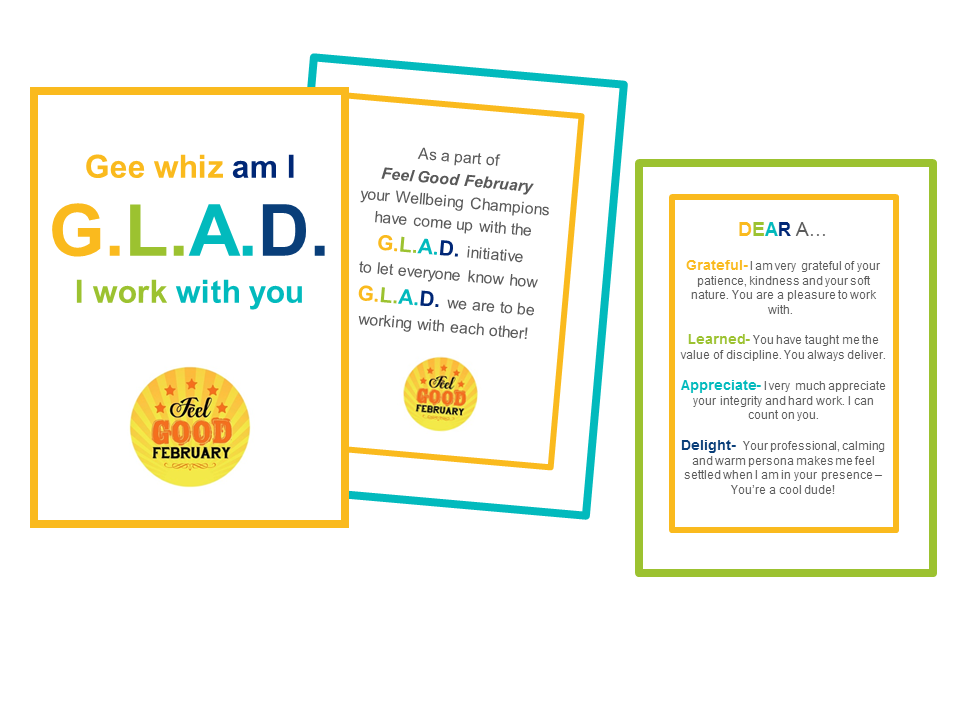In the 1970’s, when society was slower paced and all about flower power, Thich Nhat Hanh, famously said "There is no way to happiness, happiness is the way". Unfortunately, now this seems like a throw away sentiment that we may find emblazoned on a t-shirt, but the message it sends actually runs far deeper than that. What Buddhist monks, and psychological theory, has been trying to express to us, is that the way we understand and accept ourselves and our environment, is far more influential on our experience of happiness, than the material things which we accumulate. In other words, each and every one of us has the ability to" live happiness" if we allow ourselves the freedom to do so. This in turn allows us to appreciate more fully, our work, our home, and our hobbies.
Here are a few tips to promote self-acceptance, resilience, and psychological flexibility:
1. Stop the comparisons!
When we take the time to stop and appreciate the people around us, and all the things we have already achieved, we open ourselves up to experiencing something wonderful. All too often, this wonder can be rapidly eroded when we compare ourselves to others who appear to be richer, stronger, faster, more beautiful (and the list goes on and on and on). So stop comparing! There will always be people who appear to have more "things" than we do. Constantly trying to catch up to them prevents us from living our own life to its fullest.
2. Commit to seeing life in a positive way.
Focusing on developing an optimistic outlook not only helps to elevate mood by changing the way we feel – for the better - but when practiced often, cultivating an optimistic outlook protects against problems such as depression, anxiety and stress. Thinking optimistically is a skill that can be learnt, and this type of thinking helps to improve our experience of happiness.
3. Move that body.
The link between our mind and body is clear. When we exercise regularly the benefits become obvious, though please remember, training like an elite athlete is not required! To get the benefit that exercise brings we need to find what suits our lifestyle and daily routine. Walking, swimming and yoga are great when it comes to relieving stress.
4. Laugh in the face of stress.
Stress is inevitable and happiness does not mean we eliminate stress in our lives – in fact some stress is actually beneficial. Firstly, we need to take an inventory and identify the things that make us stress out. Then, we need to make plans which allow us to neutralise the impact of this stress.
Some ideas to manage stress include:
- getting the challenging stuff done first instead of putting it off and dragging out the pressure
- stimulating our senses with music, pleasurable scents (like aromatherapies), or getting a massage, on a regular basis
- spending time with people who make us laugh
- spending time in the outdoors
- reading great books
- enjoying time with pets.
5. Improve your relationship with sleep.
Some of our best growth and learning is done while we sleep – and it is important to note that it’s all about quality, not quantity. Understanding our sleep wake cycles and optimising our sleep environment can help us to get a better quality of sleep. When we feel well rested, we promote a state of openness that allows us to appreciate more fully, our work, our home, and our hobbies. So turn off screens before bed, minimise caffeine intake a few hours before sleep, and make your bedroom a warm and cosy place that entices rest.
6. Get an app to help boost happiness.
There are many apps which are designed to keep us calm, train ourselves to be mindful and help us to appreciate the life we have. Popular options are:
The great thing about apps are that they are usually with you wherever you go, and there are so many to choose from that you can find the app that is perfect for you.
7. Pay it forward.
One of the easiest ways to "live happiness" rather than chase it, is to pay it forward. Ever noticed how a smile from a stranger can change your day? Or how helping someone in need helps you feel on top of the world? Acts of kindness and generosity can do so much more for the giver than the receiver, so if someone reminds you how kind people can be – pay it forward and spread it to someone else.
AccessEAP provides confidential counselling services and psychological related training for employees, managers, family and friends. For more information, please contact us on 1800 818 728.




